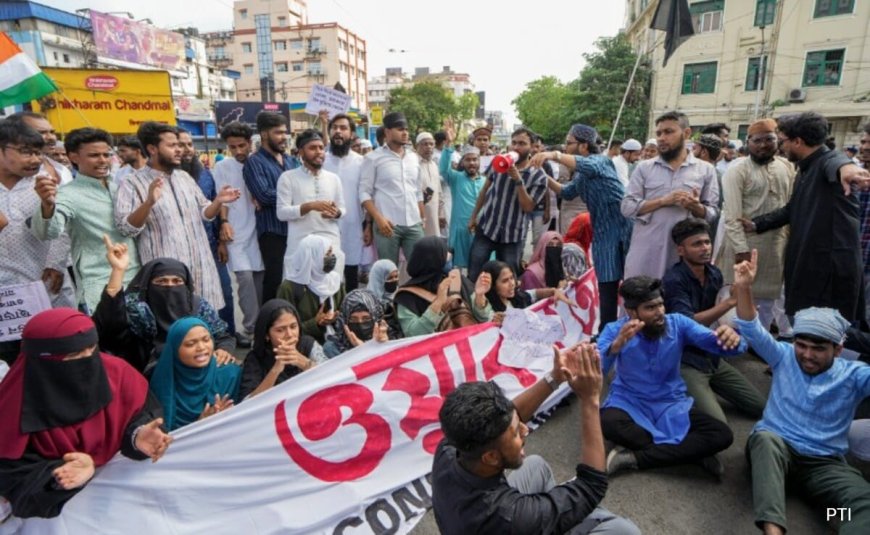"You Cannot Rewrite The Past": Supreme Court To Centre During Waqf Hearing
"We are told Delhi High Court is built on Waqf Land... We are not saying all Waqf by user is wrong, but there is genuine concern," Chief Justice Sanjiv Khanna told Senior Advocate Abhishek Manu Singhvi, appearing for the petitioners.

"You Cannot Rewrite The Past": Supreme Court To Centre During Waqf Hearing
The recent Supreme Court hearings regarding Waqf properties have led to significant discussions about historical ownership and legal rights. In a notable statement, the Supreme Court remarked, "You cannot rewrite the past," addressing the Central Government's stance on the matter. This sentiment underscores the need for clarity in legal interpretations concerning ancient religious properties and their management.
Understanding the Supreme Court's Stance
The Supreme Court's statement reflects a broader concern regarding historical narratives and their implications on current legal systems. The ongoing Waqf hearing poses critical questions about ownership records and the authenticity of historical claims. The judiciary seeks to ensure that decisions are based on factual evidence rather than reinterpretations of history.
The Role of Waqf Properties in India
Waqf properties play a vital role in the socio-cultural fabric of India, serving various community needs. They are often viewed as a legacy that promotes welfare and support for disadvantaged groups. However, the management of these properties has long been a point of contention, prompting debates about rightful ownership and administration.
Key Challenges in Waqf Management
Challenges in managing Waqf properties include disputes over documentation, the lack of proper record-keeping, and conflicts between different community groups. These issues are compounded by the government's attempts to intervene, which can often lead to polarization among stakeholders.
Moving Forward: The Need for Legal Clarity
As the Supreme Court continues to deliberate on these matters, it is essential for all parties involved to strive for a clear, consistent approach that respects historical context while addressing contemporary legal frameworks. Facilitating open discussions around Waqf properties can lead to more harmonious resolutions and foster a sense of trust among different communities.
For updates and in-depth analysis on this topic, visit News by dharmyuddh.com. Keywords: Supreme Court Waqf hearing, rewrite the past Supreme Court statement, Waqf properties India, legal clarity Waqf management, historical ownership disputes, Central Government Waqf properties, Supreme Court legal interpretations, socio-cultural significance Waqf properties, community needs Waqf assets.







